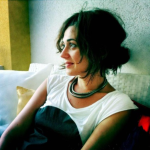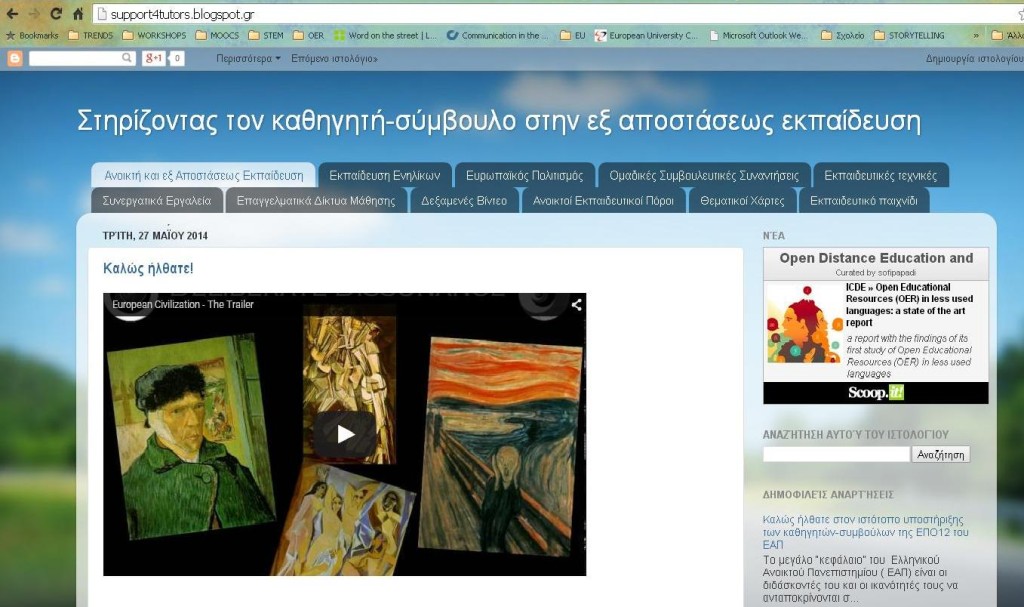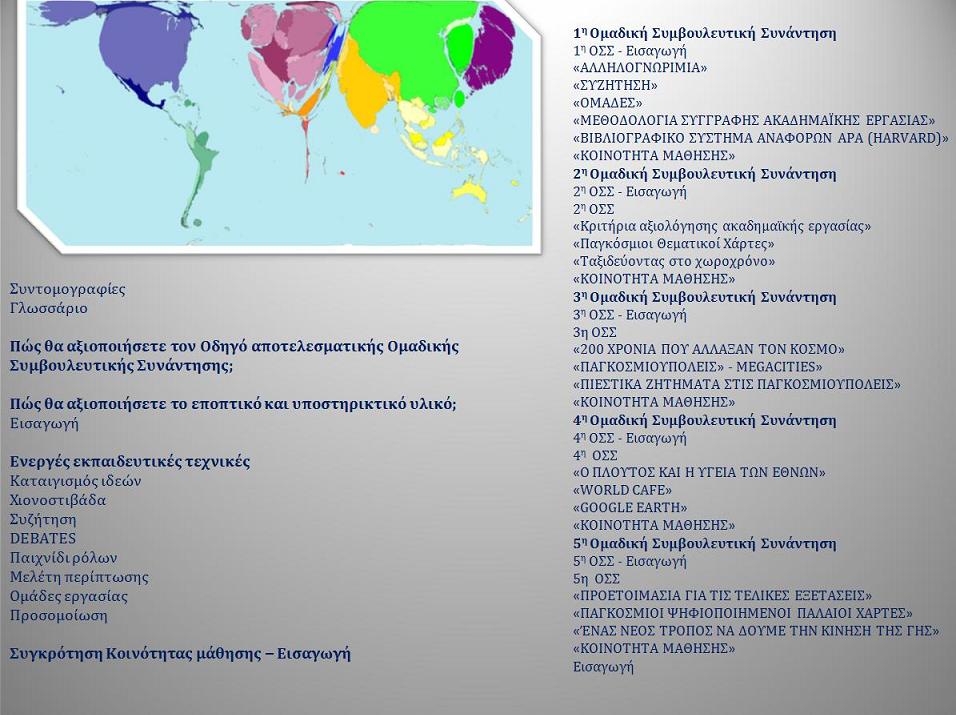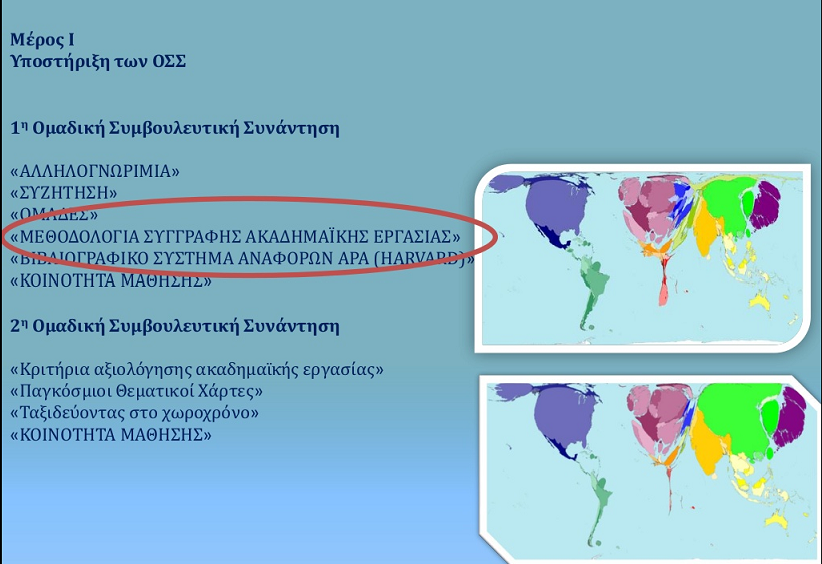Writing a PhD in Open Education
Javiera Atenas - September 2, 2016 in featured, OEP, oer, Open Educational Resources
Today, and in collaboration with the Global OER Graduate Network, we have a post by now Dr Kati Clements from University of Jyväskylä who gives future PhD students great advice on doing a PhD in Open Education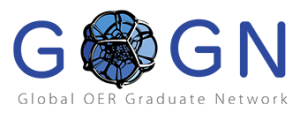
Thinking of doing a PhD in Open Education? Sounds like a good idea, yes? Well, I guess I could tell you some stories. In my case, I started my PhD, working in a EU funded project on Open Education. Getting funding from an Open Education project sounds like a good idea: You can work in the project while making your PhD – none of that Grant nonsense in which no one pays you when you get ill, forget about pension… And there is the willingness to share in this community: Data collection surely cannot become an issue – in the open community, everything is freely accessible, right?
I started my PhD working on the quality management of open educational resources (OER) repositories back in 2007, when the OER boom was rising, first repositories had been built and it was all promising and exciting as at that time, the European Union was particularly keen on funding projects around Open Education, as since UNESCO’s declaration of OER back in 2002 this community was expanding.
I thought I could probably finish in the standard four years. However, even back then, the projects around OER tend to last for 2-3 years and I soon realized that these repositories only kept on growing in their user and resource base, until the project’s funding ended. After there was no EU support, many repositories became graveyards of bad metadata and broken links, where no one ever visited. My experiences urged me to get interested in these repositories success… Why are they all failing?
It is impossible to study a repository, which disappears after three years or is actually turned into an entirely different repository. How can you study something that is not there anymore? These are the challenges of Open Education: When the funding ends – who cares about it? What is the motivation for people to keep on working around the materials, technologies or content, if no one is getting paid…? I was working on another project after my initial one had ended and I visited conferences and workshops to try to find out the answer. There are some promising cases of repositories still being around even, after the initial funding has ended.
But in all of those cases, someone must care. Maybe it is a ministry of education within a country is encouraging the teachers to all go into the portal and upload some content. Maybe it is that the community itself cares because they realize that they can get quality materials and help from their peers. But unless someone takes the responsibility and interest, nothing is going to happen.
I was not the fastest person to write a PhD, just look at my record. I wrote my research plan 5 years after I had gotten the initial idea to start this work. And finished in 4 years from that. I got involved into the European projects and project work is time away from research. But maybe it was not all my fault. When I started with my PhD, I had a clear research plan: I am going to build a behavioral model, have a dependent variable and test it with the user community of thousands of teachers from 22 countries around Europe. That’s what I thought. What I did not count on though, was on how hard it is to get people to answer questionnaires that are long. And they needed to be long enough to provide me the evidence of my phenomenon through structural equation modelling. I needed to rely on the country coordinators and workshop organizers to collect the data, which was a negotiation process itself. The whole preparation of the questionnaire also needed to be negotiated within the project’s working group, through an open discussion: Do we really need to ask the teachers about this and that… Finally after one year of negotiations, there were two closed questions left in the questionnaire on Quality of OER, which was my topic. Needless to say that this data would not be enough for completing a PhD, so I had to change strategies and go qualitative.
Open education as a field, provides us with many opportunities: To meet new people who might potentially help us. Who might open the doors to a faster and easier way of completing our PhDs. Open education as a field also opens the doors to many voices, which might have agendas that are not in line with your PhD topic – well, let’s just say they never are… PhD students have to be careful to stay on their target – more open means more opportunities, but also more potential to get lost and distracted. I certainly would do many things different if I started my PhD today. But that’s what it is supposed to be: Another opportunity to learn.
Open education means freedom, but also responsibility. You are in charge of making it happen, making sure you learn and your papers get written. Open Education is a rewarding, rich and giving playing field when you get a hold of it; so remember to have fun in the process, even through your struggles. You can do it!
Kati Clements is a project researcher in University of Jyväskylä, Finland and a visiting professor in Xi’an Jiaotong University. She finished her PhD in April 2016 on the title of: “Why Open Educational Resources Repositories fail – Review of Quality Assurance Approaches”. She has been working on the field of Open Education since 2006, in various EU funded projects such as Cosmos, Aspect, Open Science Resources and Open Discovery Space. Clements is currently working on a PCP (Pre-commercial procurement) project IMAILE which is developing innovative personal learning environments for the 21st century schools’ needs.
If you are interested in reading Kati’s PhD, you can access her PhD online here:
https://jyx.jyu.fi/dspace/handle/123456789/44031
 Open Education Working Group
Open Education Working Group 




